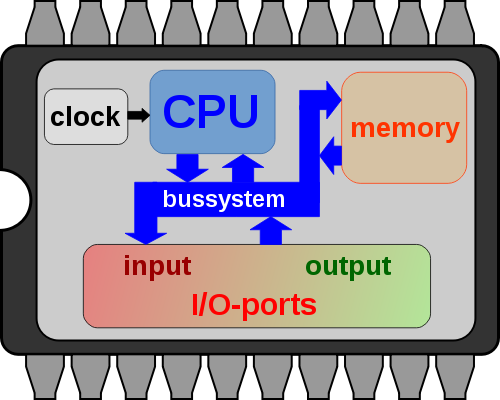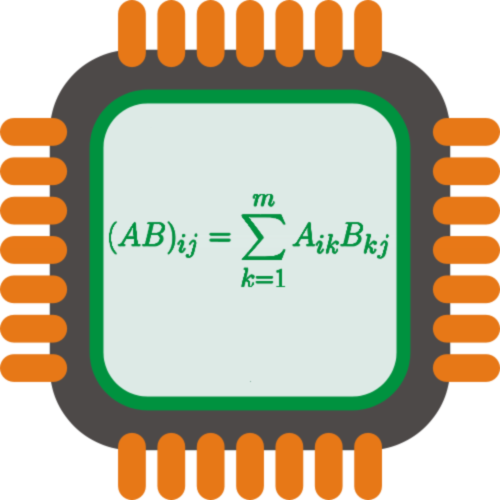From a recent LinkedIn thread (didn't correct spelling, but you get the idea):
Need suggestion for future career
Hello all, I'm looking for a new job, but now I'm really confused. My friends suggest me for iOS/Android development, 'cause that are the most popular and easy to get started. But for me, that's not cool, not challenging and not exciting at all. No offents. Most of them are SNS and incredible easy on programing. I was tired some hardware R&D company, didn't goes well, very little salary or named "R&D" in fact "Copy and Paste"(and some company just told me that "BEc not under consideration"). I love embedded C programming, but looks my country didn't (nobody interested in teach newbie), it's too hard to improve my skill without product R&D. Should I follow my firend's advice to became a framework based SDE, or other way out?
It is not just this one person, but plenty of other young people struggle with this, in a variety of different fields. I replied with a 5 step 'program' to the question, and it seems that others appreciated it as well. I'm reproducing it here just in case it disappears from LinkedIn...









